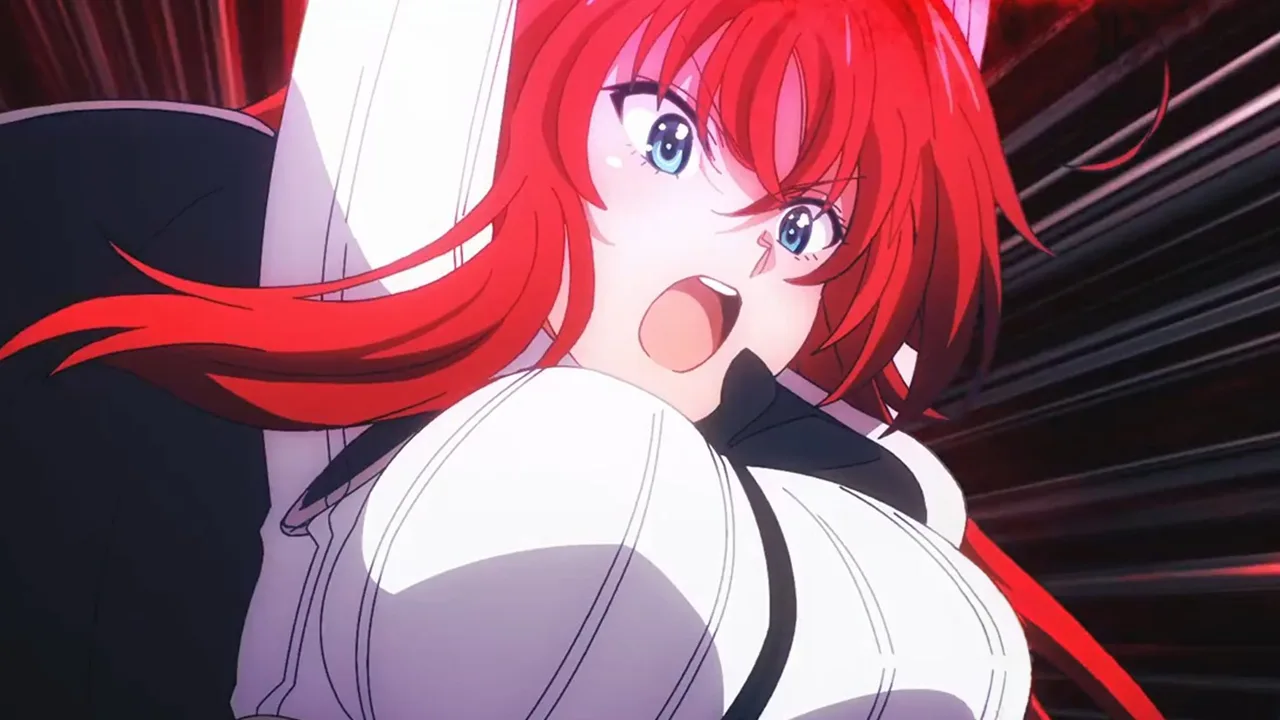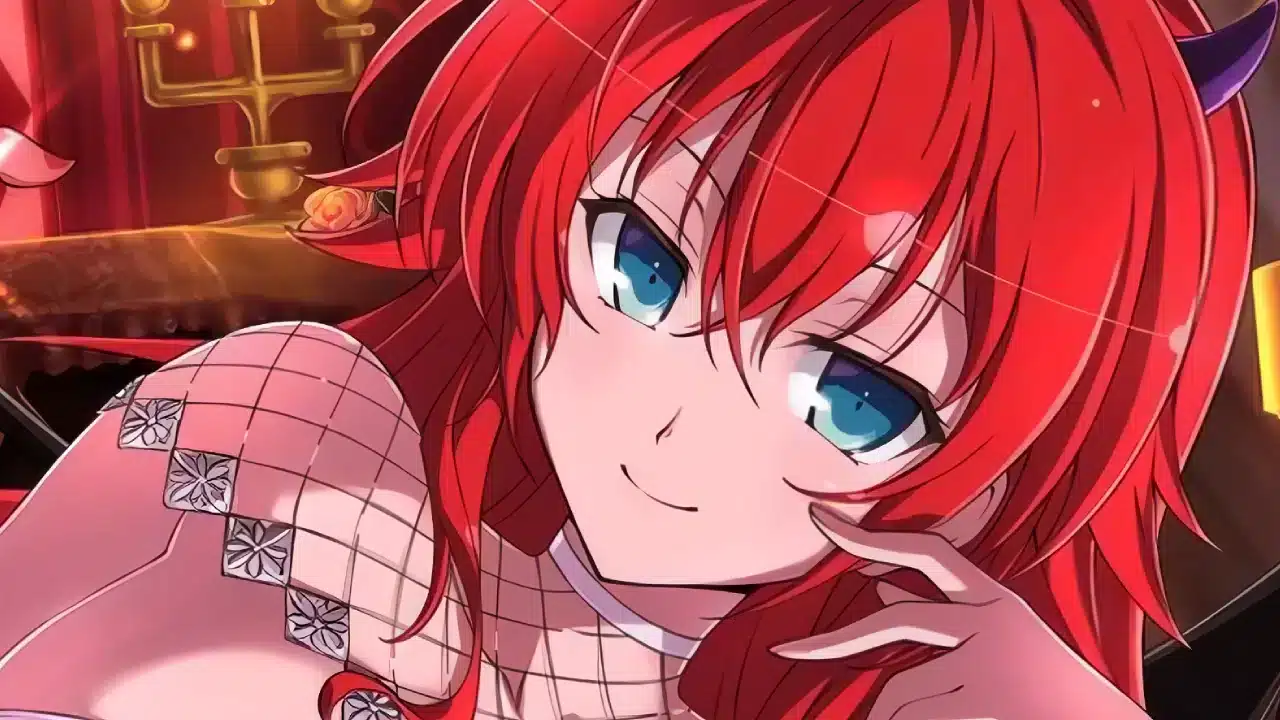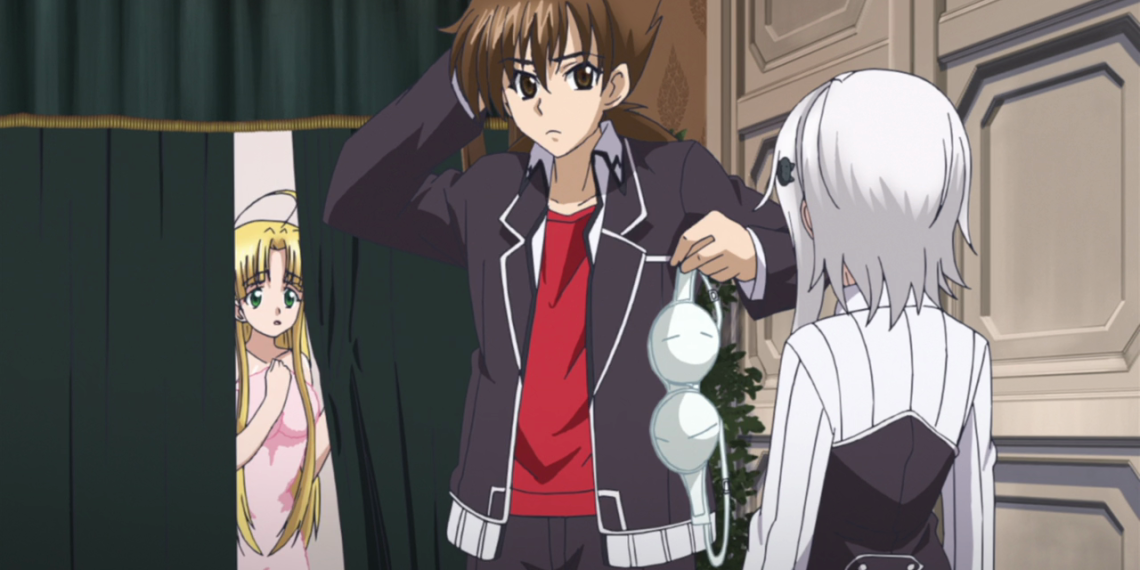A controversial bill proposed by Brazilian congressman André Fernandes is making headlines for targeting ecchi anime, accusing the genre of “moral degradation” and “corrupting the minds of our children.” The motion, presented earlier this month, seeks to restrict or ban anime series that include sexually suggestive themes, regardless of viewer age restrictions or parental consent.
Fernandes, known for his conservative stances, specifically criticized titles like Prison School and High School DxD, claiming they “eroticize school settings” and contribute to rising moral concerns among parents. According to his public statement, such shows blur the lines between entertainment and softcore content, warranting urgent government regulation. His remarks have since gone viral, drawing both support and backlash online.
Nationwide Protests and Otaku Response

The Brazilian anime fanbase responded swiftly. Within days, demonstrations erupted in major cities like São Paulo and Rio de Janeiro. Protesters dressed as anime characters marched with placards reading “Anime is Art, Not a Crime” and “Don’t Kill Our Culture.” Online petitions also surged, with one gathering over 100,000 signatures demanding the bill’s dismissal.
Brazilian otakus have argued that the legislation misrepresents anime culture and unfairly targets a specific medium. Many pointed out that ecchi anime already carries appropriate age ratings and is typically consumed by adults. As noted in a report by Anime Senpai, critics fear that this could be a slippery slope leading to broader censorship of Japanese media.
Political and Cultural Ramifications

The proposal has ignited broader conversations about cultural imperialism and generational divides. Supporters of the bill view it as a necessary moral safeguard, while opponents call it an attack on freedom of expression and creative content. Analysts also argue that politicians are exploiting anime as a scapegoat to gain attention ahead of elections.
International anime distributors, many of which have large audiences in Brazil, are watching the developments closely. If the bill passes, streaming services could be forced to region-lock or remove large swaths of content, setting a troubling precedent for media regulation in Latin America. Meanwhile, the Brazilian otaku community shows no signs of backing down as they fight to defend their fandom in public and political spaces.
Also Read: 25 Best Action Anime That Will Leave You Breathless




